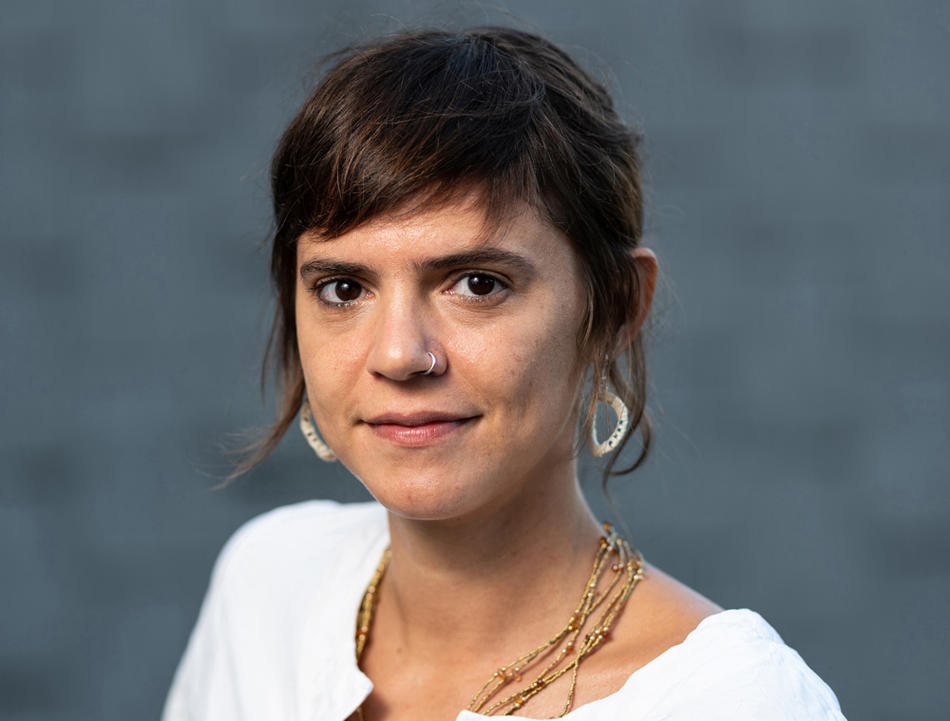Two Columbia alumni and one professor were recipients of 2019 MacArthur Fellowships, also known as “genius grants.” Writer Valeria Luiselli ’15GSAS was honored for “challenging conventional notions of authorship in fiction, essays, and inventive hybrids of the two.” (See our review of her recent novel Lost Children Archive.) Urban designer Emmanuel Pratt ’03GSAPP won for his work transforming abandoned buildings and vacant lots on Chicago’s South Side into sustainable farms through the Sweet Water Foundation. And Columbia professor Saidiya Hartman, a member of the Department of English and Comparative Literature, won for her work tracing the aftermath of slavery in modern American society.
Claudia López ’03SIPA was elected mayor of Bogotá, Colombia. She will be the first female mayor of Bogotá and the first lesbian to lead any Latin American city. Many are hailing her victory as a step forward in a country where the LBGTQ community still faces significant persecution.
Supreme Court associate justice Ruth Bader Ginsburg ’59LAW won the prestigious Berggruen Prize, given annually to a thinker whose ideas “have profoundly shaped human self-understanding and advancement in a rapidly changing world.” Ginsburg is the first justice to receive the $1 million prize; all previous winners have been philosophers.
Three Columbians received a 2019 Carnegie Medal of Philanthropy, which recognizes people who have dedicated their private wealth to public good. Henry R. Kravis ’69BUS and his wife, Marie-Josée Kravis, won for their work supporting education, community development, and the arts; Robert F. Smith ’94BUS was honored for supporting underrepresented minorities in higher education and the workforce, as well as working to preserve and share stories of the African-American experience; and Leonard Tow ’60GSAS, ’87BUS won for the work that his foundation does in education, medicine, and criminal-justice reform.
Columbia professor Haruo Shirane ’74CC, ’83GSAS was selected as the inaugural recipient of the International Prize in Japanese Studies from Japan’s National Institutes for the Humanities (NIHU). NIHU is a consortium of six research institutes related to Japanese language, history, and culture.



